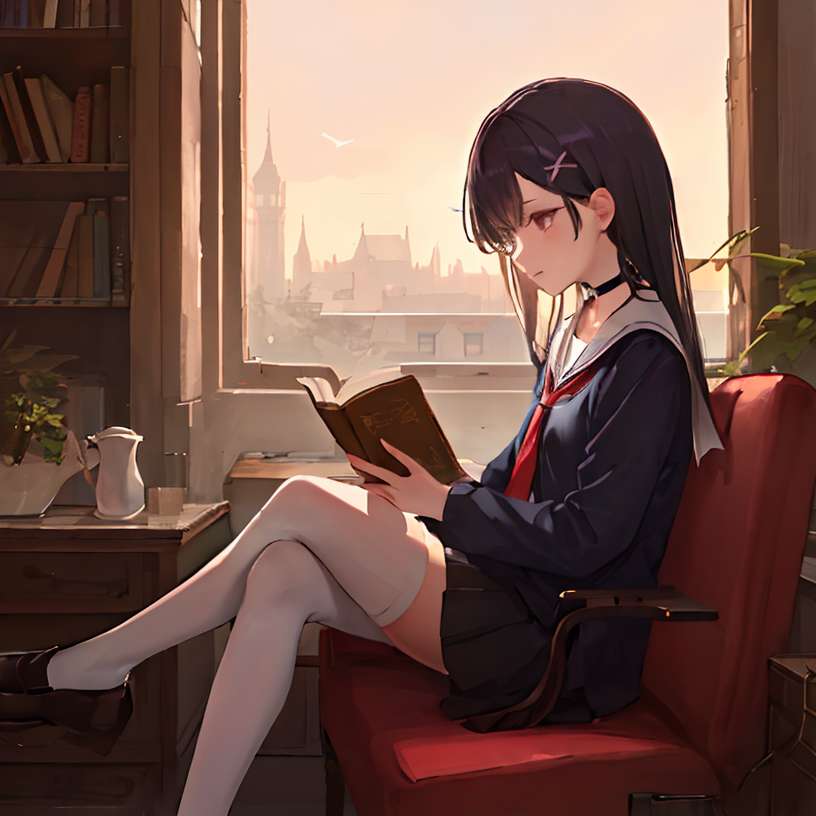Different from the benevolence of his ancestors, King Li of Zhou was a cruel and immoral ruler. He not only endlessly oppressed the people but also wanted to silence them! Eventually, the angry people launched a massive armed uprising and drove King Li out of Haojing.
At the beginning of the establishment of the Western Zhou Dynasty, the Zhou kings were diligent in politics, the political situation was stable, and the people were happy. However, this prosperity only lasted for about half a century. The son of King Kang, King Zhao, went on a southern expedition and never returned, while King Mu's western expedition against the Qunrong tribe was fruitless. The spirit of governing with integrity and seeking governance that existed at the beginning of the founding of the dynasty gradually faded away. Those in power became increasingly slack and indulgent, pursuing pleasure and fighting for power and profit, causing the decline of the Zhou royal family.

King Li of Zhou was the tenth king of the Western Zhou Dynasty, and he was greedy and cruel by nature. In order to obtain more wealth, King Li disregarded the life and death of the people and appointed Rong Yi Gong, who had the same hobby as him, as a minister responsible for implementing "monopoly." Monopoly is to monopolize the benefits of mountains, forests, rivers, and lakes and declare them state-owned. They occupied many lakes, rivers, and mountains, not allowing the people to fetch water, fish, log, or hunt in these places. Originally, these resources were shared by aristocrats and commoners at all levels. This violated the interests of all levels of society and caused dissatisfaction among lower-ranking aristocrats. The common people who relied on these resources for their livelihoods could not even sustain their lives.
During the Western Zhou Dynasty, farmers living outside the city were called "wild men," while commoners living in the city were called "national people." At that time, most of the national people were members of the scholar-official class who had kinship or blood relations with the nobles. They had the power to participate in politics and had considerable cultural literacy. Because they often participated in politics together, when they had free time, they would often gather together to discuss national affairs. After implementing monopoly, the national people in Haojing were dissatisfied with King Li's tyranny, and there were complaints everywhere. They criticized the court policies and boycotted King Li's policies.

When Minister Duke Shou heard that there were more and more discussions among national people and their dissatisfaction was growing stronger, he hurriedly reported to King Li: "The people can't bear it anymore. There are discussions everywhere in the streets. If this continues, there will be a big mess sooner or later." King Li didn't care at all and said: "Don't worry, they are just slandering me. I have a way to shut them up." So he issued an order prohibiting national people from discussing court policies as they did before. King Li also specifically recruited wizards from the state of Wei to spy on and criticize those who criticized court policies behind their backs. Once someone was discovered discussing court politics or criticizing the king behind their back, they would be executed without mercy. As a result, national people no longer dared to discuss anything in public for fear of being considered as discussing court policies by Wei wizards. When people met acquaintances on the road, they didn't dare to talk or greet each other but only signaled each other with their eyes before hurrying away. Haojing was shrouded in a terrifying atmosphere.
King Li saw that the number of people criticizing the court gradually decreased and proudly told Duke Zhao, "Do you see? I have the ability to stop people's slander. They dare not talk nonsense anymore!" Duke Zhao had long heard of King Li's method of quelling rumors and advised him, "You are using force to silence the people! Silencing the people's mouths and not letting them speak will have consequences more serious than blocking a rushing river. When a river is blocked, it will burst and flood, causing more harm. This method may temporarily silence the people, but their anger has not dissipated and will accumulate more and more. Once it erupts, it will be extremely terrible." King Li was so bored that he waved his hand and let Duke Zhao leave.

King Li's tyranny became worse year by year, and the people lived in dire straits every day. After three years of this, in 841 BC, the national people in Haojing could no longer bear it and decided to launch a large-scale uprising. They avoided King Li's surveillance, privately planned strategies, and set a time.
On a dark night, torches suddenly lit up in Haojing, gathering more and more towards one place - the palace. The front of the palace was crowded with angry national people, knocking on the palace door and shouting for King Li to come out and die. King Li was usually arrogant but actually a coward. When he heard the shouts outside the palace, he had already collapsed in fear. Later, with the help of the guards, he hurriedly led a group of people out of the palace and fled to the bank of the Yellow River, crossing it to a place called Zhi (now northeast Huoxian County, Shanxi Province) before stopping. After King Li fled, Prince Jing hid at Duke Zhao's house. The angry people demanded that Duke Zhao hand over the prince. In a critical moment, Duke Zhao reluctantly sacrificed his own son and pretended he was the prince, handing him over to the national people. The uninformed national people beat the "prince" to death and then dispersed.
King Li finally saved his life but could not return to Haojing. The national people would not let him go, so he settled in Zhi and became an exiled monarch.
This uprising, mainly composed of civilians in the suburbs of the capital, is historically known as the "National People's Uprising." This year was called "the first year of the republic" in history. Since "The Records of the Grand Historian" began its chronicle from the first year of the republic, 841 BC is regarded as the beginning of China's recorded history with a specific date.